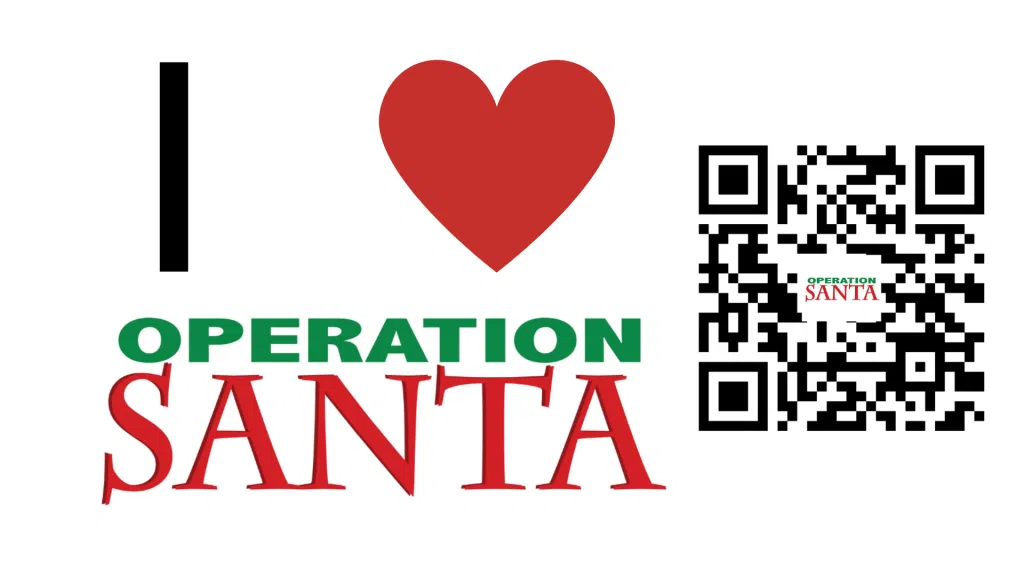Restaurants Canada says restaurants need sector-specific support to survive the devastating pandemic debt.
It says A quarter of independent restaurants are struggling with pandemic debt and do not expect to recover unless current conditions change.
Restaurants Canada is calling on all parties seeking to form the next federal government to help hard-hit food-service businesses recover from their pandemic debt.
According to the latest Restaurants Canada survey conducted in July, 8 out of 10 operators said they’ve taken on new debt over the course of the ongoing COVID-19 crisis. Twenty-six per cent of single-unit restaurant operators who said they took on the new debt said their business will not be able to recover unless current conditions change.
Fifty-five per cent say they are still operating at a loss.
Restaurants Canada President and CEO Todd Barclay says, “Our member surveys throughout the pandemic have consistently revealed that food-service businesses will need at least a year to recover from this crisis.”
Here is what Restaurants Canada says is needed for restaurants to survive the ongoing pandemic:
An exemption from the scheduled phase-out of the rent and wage subsidies for the highly affected foodservice sector, and an extension of these vital programs for restaurants until at least April 2022. This will be necessary, as Restaurants Canada survey data has consistently revealed that restaurant operators expect they’ll need at least a year to return to profitability once the COVID-19 pandemic subsides.
The option for any restaurants eligible for the wage subsidy to be able to apply for added funding through the Canada Recovery Hiring Program, so that they can hire new workers in addition to keeping the ones they already have on payroll.
Partial forgiveness for all government-backed loans. Currently loan forgiveness is only available through the Canada Emergency Business Account (CEBA). Restaurants Canada would like to see this as well for the Highly Affected Sectors Credit Availability Program (HASCAP) and any other loan program that the government introduces to help businesses recover from the pandemic.
Tax credits to defray the exorbitant costs incurred from COVID-19 health and safety expenditures.
Restaurant Relaunch Measures
To rebuild public confidence in dining out and help the hard-hit foodservice sector return to pre-pandemic levels of operations, restaurants need the following forms of support from the federal government:
An expansion of the current “meals and expenses” business tax credit from 50% to its original 100%.
A national dining rebate program allowing Canadians to save 50% when they eat at restaurants, as well as a culinary tourism incentive encouraging Canadians to support local foodservice businesses while travelling across the country.
Labour Development
To help the restaurant sector overcome pre-existing labour shortages exacerbated by the COVID-19 pandemic, a National Foodservice Labour Development Strategy is needed, including measures such as:
Support for the expansion of impactful labour pilot programs, such as the Atlantic Immigration Program and Alberta Foodservice Labour Connections.
An increase in federal funding to ensure efficient and effective processing of immigration applications by reducing wait times, administrative burdens, and increasing information-sharing between sponsors.
An extension of work visas for a full year and suspension of fees until 2022.
The addition of a foodservice stream into the Temporary Foreign Worker Program (TFWP) to address seasonal and long-term labour shortages, as well as a redesign of the national occupational classification structure to broaden the categories of positions that foodservice employers can use the TFWP to help fill, as well as a lower administrative burden on small businesses who use the TFWP.
A “Do No Harm” Approach to Taxes & Red Tape
To create the best possible conditions for recovery after 17+ months of either losing money or barely breaking even, foodservice operations need government to take a “do no harm” approach with taxes and regulations, including:
A whole-of-society approach to single-use items, built on evidence-based policies and consistent standards across jurisdictions.
A freeze on any further excise duty increases on beer, wine or spirits.
A cap on credit/debit card interchange fees and the removal of merchant fees from the tax portion of restaurant bills.
Indexation of the passive investment income threshold to support restaurateurs making investments to safeguard or grow their operations.





















